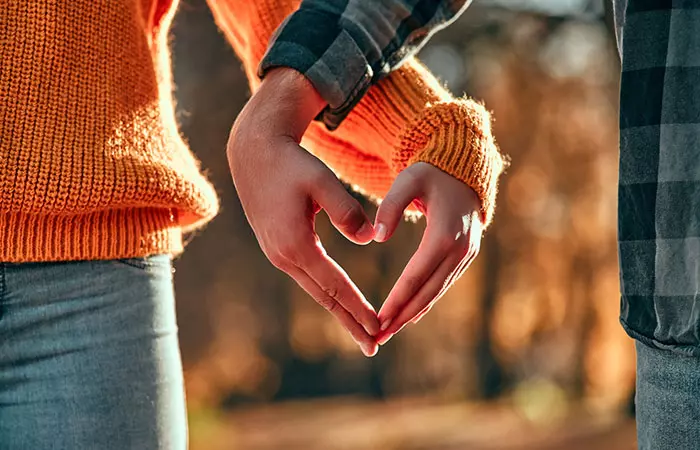The romanticization of “the one” can indeed be detrimental. Expecting a single person to fulfill all our emotional, psychological, and social needs places an unrealistic burden on any relationship. Psychological research supports the idea that no one individual can be everything to another. Dr. Eli Finkel’s work emphasizes the importance of diversifying our social support networks. Relying on one person can lead to disappointment and strain, while a broader community can provide more balanced support.
Unrealistic Expectations
The idea that “the one” will enter your life equipped with all the skills to understand you completely, listen wholeheartedly, connect deeply, and share your passions is unrealistic. According to Dr. John Gottman, successful relationships are built over time through shared experiences, mutual respect, and consistent effort. Partners grow together in a nurturing and honest environment, where vulnerability and authenticity allow for deep connections to develop. No one comes into a relationship with all the pre-requisites; it’s through effort and commitment that partners build the relationship they crave.
Love is Not Enough
Love, as an emotion, is transient and not sufficient on its own to sustain a relationship. Dr. Helen Fisher’s research on the biology of love shows that while romantic love can ignite a relationship, it’s the choice to continue loving and accepting another person wholeheartedly that keeps it alive. This choice is a deliberate, ongoing process that requires effort from both parties. A partner who adds meaning to your life, makes you feel valued, and provides a sense of security can help you feel grounded. When grounded, individuals often feel more confident and capable of achieving their goals.
Independence and Self-Belonging
It’s essential to recognize that personal growth and self-belonging are crucial, whether or not one finds a partner. Maya Angelou’s words, “You are only free when you realize you belong no place—you belong every place—no place at all. The price is high. The reward is great,” highlight the importance of belonging to oneself first. Dr. Brené Brown’s research on vulnerability and authenticity supports this notion, indicating that true belonging comes from self-acceptance and internal validation, rather than external sources.
Cultural and Media Influences
Our notions about “the one” are heavily influenced by cultural narratives, media, and the opinions of those around us. Psychologist Dr. Carol Dweck’s work on mindset suggests that these external influences can shape our expectations and beliefs about relationships. Growing up, we are exposed to various books, songs, movies, and series that create an idealized image of a perfect partner. This ideal can lead to unrealistic expectations and a continuous search for a mythical perfect match.
Conclusion
In conclusion, the belief in “the one” can lead to unrealistic expectations and dissatisfaction. Psychological research underscores the importance of effort, growth, and realistic perspectives in building successful relationships. Diversifying social support, embracing vulnerability, and fostering self-belonging are key to developing meaningful and lasting connections. By moving away from the soulmate myth, individuals can cultivate healthier, more fulfilling partnerships and a stronger sense of self.


One Response
The article addresses a delicate subject when considering Indian culture.
Traditionally, the concept of “one life, one love, one person” has been deeply ingrained in the society.
However, in today’s fast-paced world, where individuals are consumed by work and personal responsibilities, it has become increasingly challenging to fulfill all aspects of another person’s life.
This can lead to a breaking point for many relationships.
Overall, it is a thought-provoking and well-written piece.